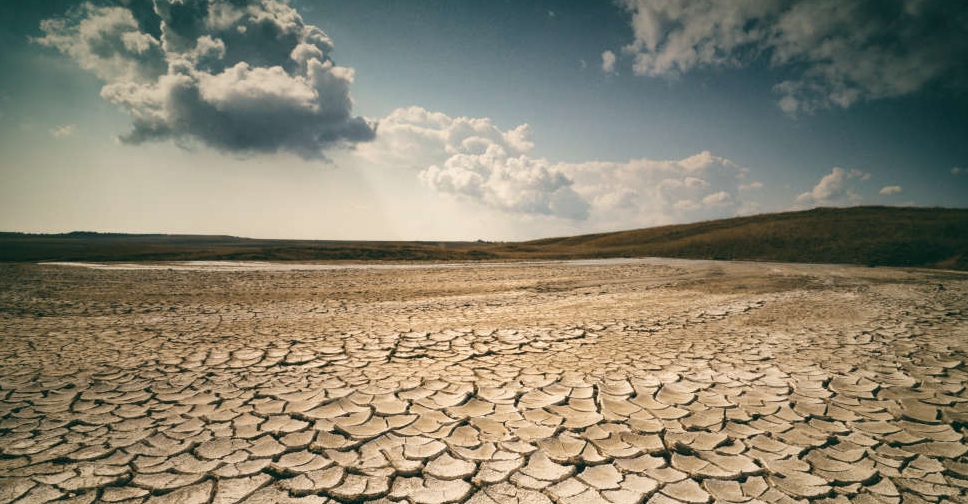
The world just experienced its hottest April on record, extending an 11-month streak in which every month set a temperature record, the European Union's climate change monitoring service said on Wednesday.
Each month since June 2023 has ranked as the planet's hottest on record, compared with the corresponding month in previous years, the Copernicus Climate Change Service (C3S) said in a monthly bulletin.
Including April, the world's average temperature was the highest on record for a 12-month period - 1.61 degrees Celsius above the average in the 1850-1900 pre-industrial period.
Some of the extremes - including months of record breaking sea surface temperatures - have led scientists to investigate whether human activity has now triggered a tipping point in the climate system.
Greenhouse gas emissions from burning fossil fuels are the main cause of climate change. In recent months, the natural El Nino phenomenon, which warms the surface waters in the eastern Pacific Ocean, has also raised temperatures.
Scientists have already confirmed that climate change caused some specific weather extremes in April, including a heatwave in the Sahel linked to potentially thousands of deaths.
Hayley Fowler, a climate scientist at Newcastle University, said the data showed the world is perilously close to breaching the 2015 Paris Agreement's goal to cap global warming at 1.5 degrees Celsius.
"At what point do we declare we've lost the battle to keep temperatures below 1.5? My personal opinion is we've already lost that battle, and we really need to think very seriously about keeping below 2C and reducing our emissions as fast as we can," she said.
Countries agreed the 1.5C goal at a UN climate summit in 2015. It is the level scientists say would avoid the most disastrous consequences of warming, like fatal heat, flooding and the irreversible loss of ecosystems.
Technically, the 1.5C target has not yet been missed, as it refers to an average global temperature over decades. But some scientists have said the goal can no longer realistically be met, and have urged governments to cut CO2 emissions faster to limit overshoot of the target.
C3S' dataset goes back to 1940, which the scientists cross-checked with other data to confirm that last month was the hottest April since the pre-industrial period.

 Death toll from Texas floods reaches 78; Trump plans visit
Death toll from Texas floods reaches 78; Trump plans visit
 Israel attacks Houthi targets in three Yemeni ports and power plant
Israel attacks Houthi targets in three Yemeni ports and power plant
 BRICS leaders condemn Gaza and Iran attacks, urge global reforms
BRICS leaders condemn Gaza and Iran attacks, urge global reforms
 Israel sends delegation to Qatar for Gaza talks ahead of Netanyahu trip to US
Israel sends delegation to Qatar for Gaza talks ahead of Netanyahu trip to US
 Death toll from Texas floods reaches at least 50; dozens still missing
Death toll from Texas floods reaches at least 50; dozens still missing




